So, you've found the perfect property as your next – or first – buy-to-let: all that’s left is to find a tenant, watch the rent come in, and enjoy the proceeds. Or is it?
So, you've found the perfect property as your next – or first – buy-to-let. It’s in fantastic condition, perhaps even brand new, and the place is ready to go and ready to rent. There are no furnishings to buy, no kitchen appliances needed, and nothing needs attending to: all that’s left is to find a tenant, watch the rent come in, and enjoy the proceeds. Or is it?
There’s a lot more to consider when buying a rental property to make sure you’ve accounted for the full level of expenses. Not just the initial purchase costs, but also mortgage repayments and terms, ongoing maintenance, income tax, any service charges, ground rents and, of course, having a contingency plan for when the unexpected happens (which it probably will at some point).
Many of these expenses seem to either come as a surprise or get missed off the list, so we’ve put together this article to run through the common costs that landlords encounter to help you budget appropriately.
Different landlords have different priorities for their rental properties: some choose long-term capital growth over the monthly rental income, while others prefer a higher initial yield to either expand their portfolio further, or spend on their lifestyle right now.
Neither model is right or wrong: whatever works for you, is whatever works for you. But whichever route you pick, it’s important to be sure of exactly what your outgoings are – and what you should plan for – to ensure you’re not left disappointed, over-committed or constantly irritated.
As a very general rule of thumb, you’ll find that higher initial rental yields usually come from lower-value homes or cheaper areas. So while you might have more money to spend today, the value of the property may not increase as much as one in a more expensive location.
This blog is not to tell you what yield to expect or to aim for, because everyone reading this will have different considerations. The article is to give you clarity on the most common areas of expense so you can plan for the best experience as a landlord.
LEGAL COSTS
It costs money to buy a property, from conveyancing costs and mortgage application fees to Stamp Duty and the second home higher rate surcharge. These costs form part of your investment alongside the purchase price and are unavoidable, so make sure to calculate them fully to avoid scrabbling around for funds when completion day comes.
Right now, until March 2021, you can save up to £15,000 in Stamp Duty on the first £500,000 of a property’s value. While you will still need to pay the 3% surcharge for second homes, you could put the savings on Stamp Duty towards renovations: they may even make a purchase possible that was otherwise off the cards.
IMPROVEMENTS
If you're buying a property to renovate before renting it out, make sure that you cost everything fully and that you have the money at the outset to pay for building works and materials. Embarking on a project with the expectation of funds at a later date is a risky strategy, unless you have a guarantee over when that money will arrive.
When undertaking any renovations, the important thing is not to over-improve, or under-improve. Think about the likely occupants and the likely wear and tear on your property, then balance your expenditure with both durability and the aspirations of your audience.
Over-specifying for the area or the likely tenant is simply money down the drain, but it will also be costly, time-consuming and actually quite boring if you constantly have to replace cheap appliances because they stop functioning, or if the rent goes down because the specification simply doesn’t stand up to life.
We are more than happy to help you strike the perfect balance between attracting the best tenants, improving the value of your property and not splurging on needless costs.
MORTGAGE PAYMENTS
A mortgage is an efficient use of low-cost borrowing which reduces your capital outlay and allows you to buy more and/or higher value property. However, whether or not you have a tenant living in your rental property, your mortgage will still need paying, and interest rates are not set in stone.
Today, mortgages are cheaper than ever, which makes higher borrowing an extremely attractive proposition. But when mortgage rates are low, even a slight increase in the base rate can translate to a significant difference in your repayments, so keep that in mind when deciding how much of the property’s value you want to hold as debt, against how much of an equity cushion will give you comfort and breathing space.
You should also consider how long you are likely to hold a property when choosing whether to take a fixed rate loan and for how long. Fixed rates are great for budget planning, but they almost always come with an early repayment penalty in the event that you decide to sell before the fixed rate period is up.
So think about how far into the future you want to commit yourself: if you’re absolutely certain you wish to hold a property for the long term, a 5 or 10 year fixed rate could be a good move. But if you think you might trade in a couple of years, perhaps a 2 year tie-in is more appropriate.
For borrowing on renovation projects, some landlords take a standard variable rate loan for the initial purchase, then remortgage at an attractive fixed rate based on the higher value of the property once works are complete.
As with all borrowing, talk to an expert to fully understand your options.
MAINTENANCE & REPAIRS
It is really surprising how many landlords don't make any allowances for things like service charges, ground rent, ongoing maintenance and repairs. Whatever type of property you buy, whether it’s a freehold house or a leasehold apartment, it will need looking after.
Annual gas safety certificates and five-yearly electrical certificates are mandatory and should form part of your calculations, along with any other service contracts for equipment and appliances that require regular maintenance.
Depending on the sort of property you are buying, annual service charges could be extremely low, or fairly high. A converted flat in a Victorian house with just a communal hall to repaint every few years won’t have much of a service charge, but you should check how well the building has been looked after. A lack of maintenance up until now could mean a hefty repair bill down the line.
For apartments in buildings with plentiful facilities like residents gardens, lifts, a concierge, or cleaning for windows and communal areas, you will usually attract a higher rent and more affluent tenant, but again those costs are coming whether or not your property is occupied. These sorts of apartments often sell to landlords who look at long-term capital gains, so decide whether that suits your own business model.
And for freehold properties with no service charge, it doesn’t mean that regular maintenance won’t be required: the weather will still have an effect on the exterior paintwork, and the interior will still be subject to wear and tear.
Looking after your rental properties will not only keep them popular with tenants, it will help you achieve a higher rent and ensure the value of your property keeps up with the rest of the market.
TAX
The rent you receive is a taxable income and it would be extremely wise to work out your likely tax at the beginning of a tenancy and to put that sum aside each month so it’s ready for when you submit your return.
The rules around allowable expenses are different for residential lettings and holiday lettings, but there are nonetheless a number of costs you can claim for including agents’ fees, service charges, insurance, maintenance & repairs, accountants fees, and interest on property loans.
For furnished lettings you can also claim for the costs of replacing furniture or appliances, but you cannot claim for improvements to your property beyond wear and tear.
Full information is available at: https://www.gov.uk/renting-out-a-property/paying-tax
AGENTS FEES
You have many choices when it comes to choosing whether or not to use a letting or managing agent, from how many of their services you wish to use, to how much you wish to take on yourself.
You could ask your agent to simply find you a tenant and then leave you to it; you might want the rent collection handled while you deal with repairs, safety checks, service charges, etc; or you might want everything done for you so you can get on with your life while all the administration and maintenance is taken care of.
Whichever option you choose, make sure that you are fully informed of the costs and have taken them all into account in your calculations. It’s wise to consider this before you buy: think carefully about the sort of landlord life you want and the sorts of responsibilities you wish to retain. Balance the costs against your time and your lifestyle to discover exactly what works for you.
To sum up, whether you are letting your property yourself, employing an agent to find you a tenant, or using a full management service, make sure you thoroughly cost your purchase, legal, improvement, maintenance and tax expenses.
Our advice is to always be guided by actions that will continually support the growth in the value of your property. This means attending to any maintenance issues as they come up to ensure they are dealt with when they are smaller and cheaper, rather than waiting until they become an expensive undertaking. Take as much pride in your rental investment as you do your own home.
One of the simplest formulas to work out whether a property is viable as a buy-to-let investment for you, is to assume one empty month per year to cover either vacant periods or unexpected maintenance.
While it’s a nice thought that a property will never be empty or never require any expenditure, it isn’t a sound business model and could leave you open to financial stress and emotional annoyance. So always do a reality check to ensure the property you want to buy is a good fit for your model, and will give you the return you hope for.
If you’d like to discuss anything about being a landlord, or you have a rental property you’d like us to look after for you, please give us a call or drop us a message.
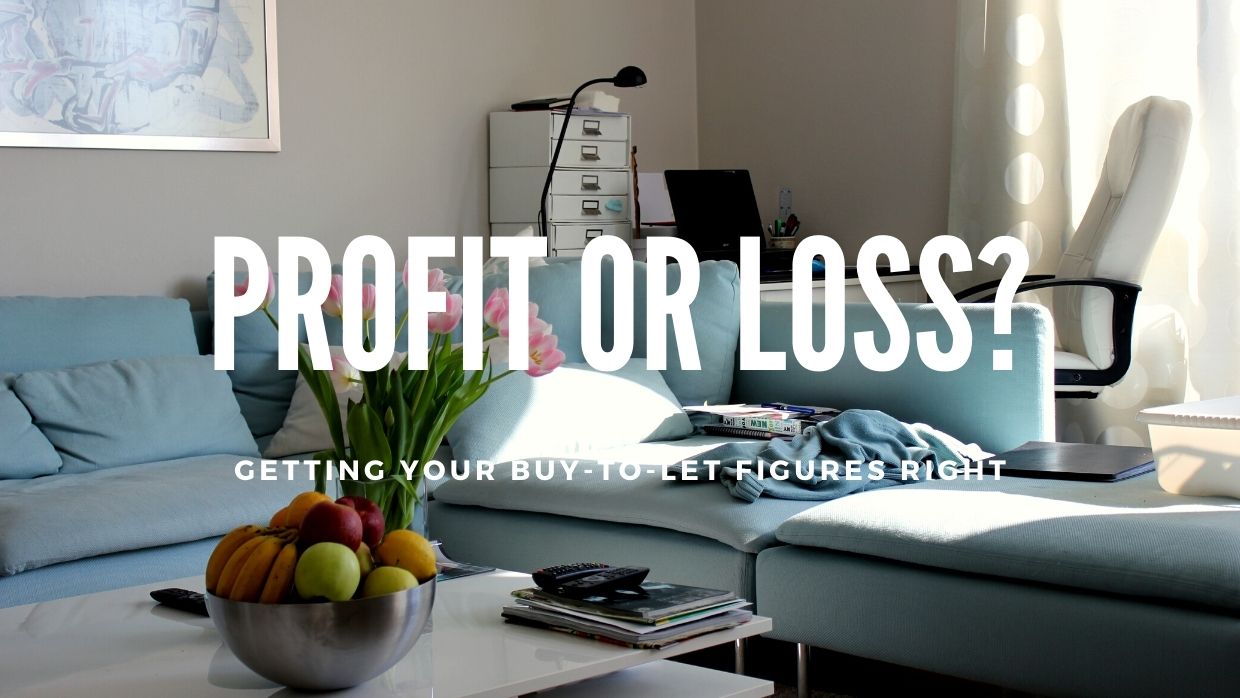
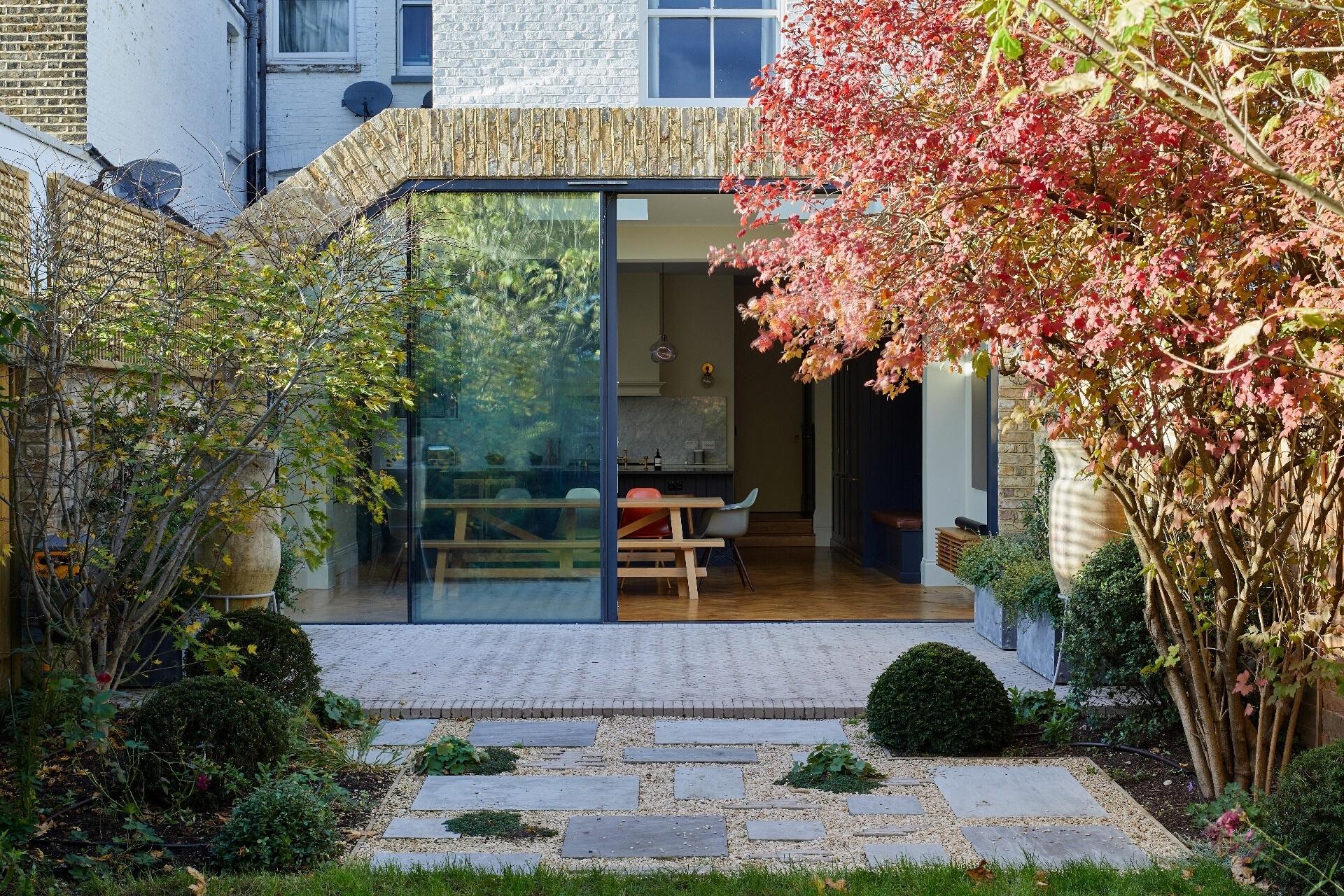
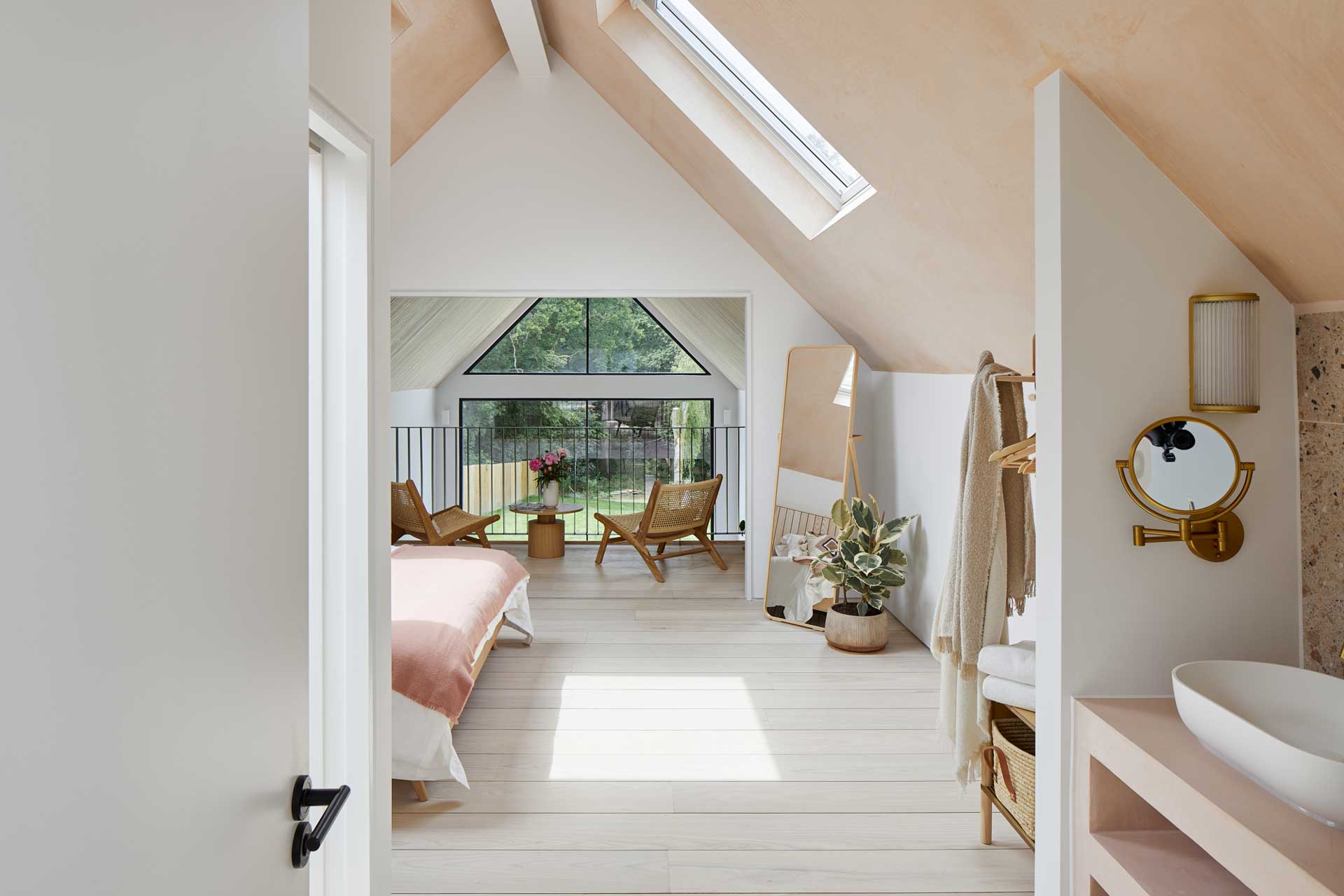
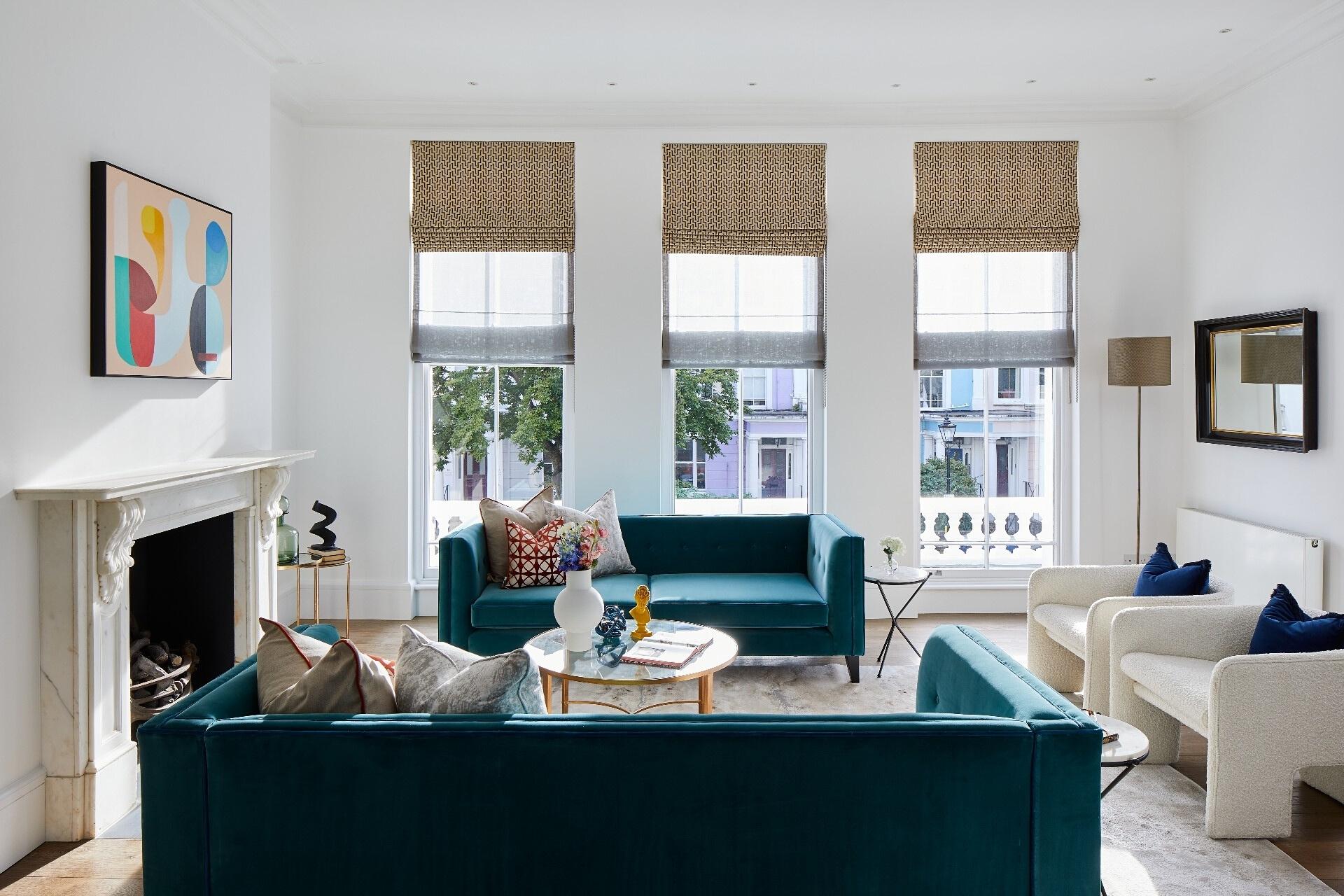
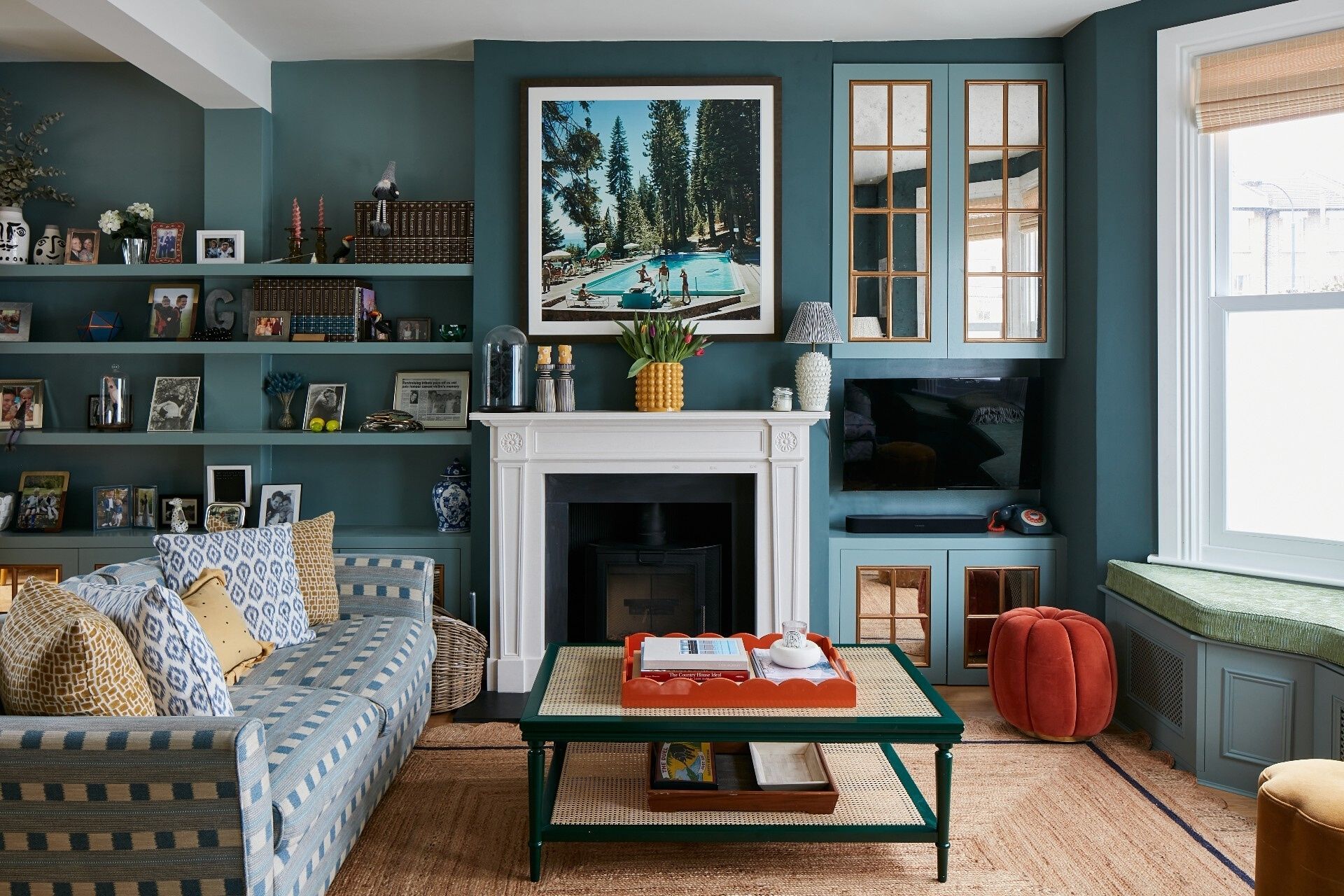
Share this with
Email
Facebook
Messenger
Twitter
Pinterest
LinkedIn
Copy this link